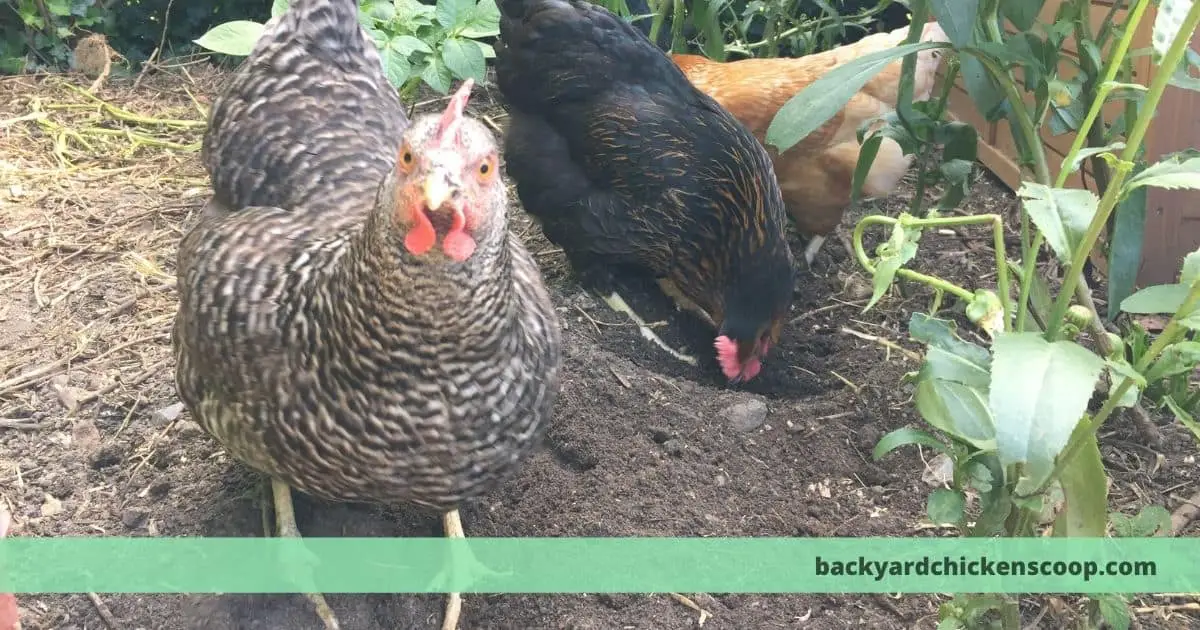For most people, chickens are just chicken: Something to grab at a drive-thru on the way to or from work or a child’s soccer game. Lots of people eat eggs but don’t think about where they come from. This is by the way one of the reasons why I keep chickens myself. Keeping them healthy is an ongoing concern, and my chickens’ mental health is very much a part of that.
For an increasing number of Americans (it is difficult to quantify, but estimates are as high as 13 million households and climbing), keeping chickens in the backyard is turning into a popular hobby. But for most people who decide to keep chickens in their yard, the vast majority are new to chickens and don’t know much about the biology or psychology of their new avian friends.
Smarter Than You Think
Common wisdom holds that chickens are not very intelligent. Accounts of commercially raised chickens, where conditions mute the expression of normal traits, emphasize this.
However, when raised in a more natural environment, research shows that chickens are quite intelligent. The latest science points out that chickens can recognize each other as individuals, do some basic counting, and display complex social behaviors like communicating with each other. In many respects, chickens are as intelligent as other pets.
Social Animals
Chickens display complex social behaviors. The develop hierarchies of dominance and submission, which can determine feeding and mating behaviors. Chickens can display distinct personalities, and they have friends and enemies within the flock.
While roosters usually will mate with all the females in a flock, often they have favorite hens to which they pay more attention than the others. Chickens have been demonstrated to remember and recognize each other after extended separations. When raising chickens in the back yard, remember they are social animals and will do better if there are at least three birds in the flock.
Territorial and Protective
Chickens define territory and are often quite aggressive. Hens are generally less aggressive, but a hen defending chicks or a nesting site will assertively try to scare off perceived threats. Roosters are famously fierce and will attack intruders (the rooster was a favorite symbol for knights in the Middle Ages). Keep this in mind if you keep chickens. When guests visit, it might be necessary to keep them away from the chickens for everybody’s safety. If you have a rooster (multiple roosters will fight each other savagely), definitely have a place to secure him when you have guests.
Chickens are more socially and psychologically complicated than most people believe. Keep this in mind, and your garden chickens will be great companions for years to come.


